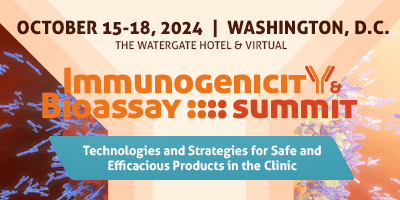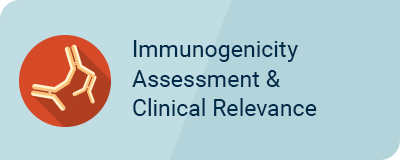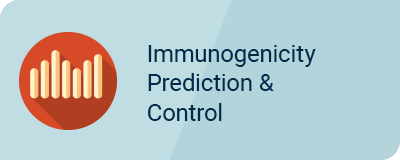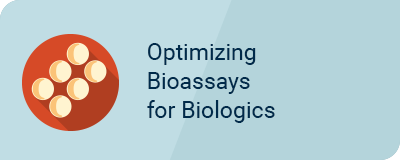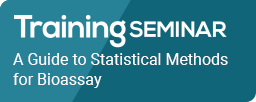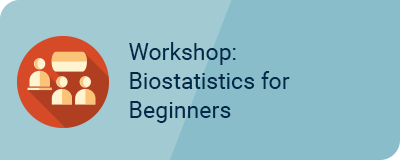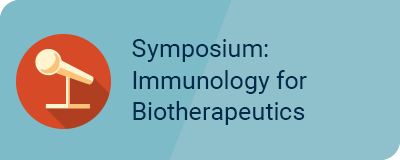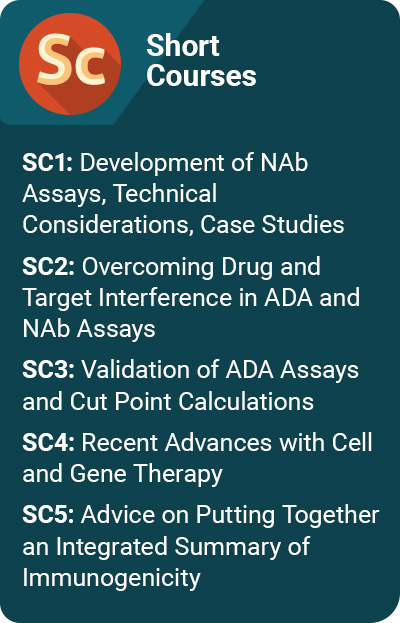2024년도 워크샵
2024년 10월 15일 (화) 9:00 - 5:00 pm
W1: Biostatistics for Beginners
Biostatistics for Beginners
Nancy Sajjadi, Independent Quality Consultant, Sajjadi Consulting
Topics to be Covered Include:
- Statistics: Definition and its application to assay development
- The arithmetic mean, the standard deviation, and how to prove differences
- Assay intended use, hypothesis testing, and evaluating fitness-for-purpose
- Inferential statistics: terminology and symbols explained
- Standard error of the mean, t values, and p values
- Reported mean values, margin of error, and confidence interval of a mean
- Statistical Significance: Difference vs. Equivalence Testing
- Type I and Type II Errors and Statistical Power
- Dose-response curve- model selection, system, and sample suitability evaluation
- Log transformation of response readouts and relative potency values
- Calculating relative potency values: parallel line vs. 4 PL
- Quality by Design (QbD): Assays as processes to be optimized and evaluated against target performance requirements
- Overview of available guidance: FDA, USP, and ICH documents
The Commitment to Participants:
Each participant is likely to arrive at the course with the expectation of examples or explanations to address issues that are specific to them or their organization. To ensure that participants are satisfied, the instructor is open to receiving non-confidential questions in advance for consideration in customizing the course material. The instructor will assess each question to ensure it matches the scope of the workshop. If you have any questions you would like the instructor to address at the workshop, please email them to Iris Goldman: igoldman@cambridgeinnovationinstitute.com
Who Should Attend:
- Laboratory scientists, technicians, and others with limited statistical knowledge who are involved in generating and reporting data
- Managers in QA, QC, and Regulatory functions who review data and statistical analyses
- Non-statisticians who engage with statisticians in the design and interpretation of studies
- Technicians involved in the design, execution, or review of assay qualification protocols
- Anyone interested in increasing their understanding of basic statistical concepts and improving their comprehension of conference presentations that include statistical analyses
9:00 am Start of Workshop
11:10 Networking Coffee Break
1:00 pm Lunch on Your Own
2:15 Workshop Resumes
4:00 Networking Refreshment Break
5:00 Close of Workshop
INSTRUCTOR BIOGRAPHIES:
 Nancy Sajjadi, Independent Quality Consultant, Sajjadi Consulting
Nancy Sajjadi, Independent Quality Consultant, Sajjadi Consulting
* 주최측 사정에 따라 사전 예고없이 프로그램이 변경될 수 있습니다.
CONFERENCE PROGRAMS
